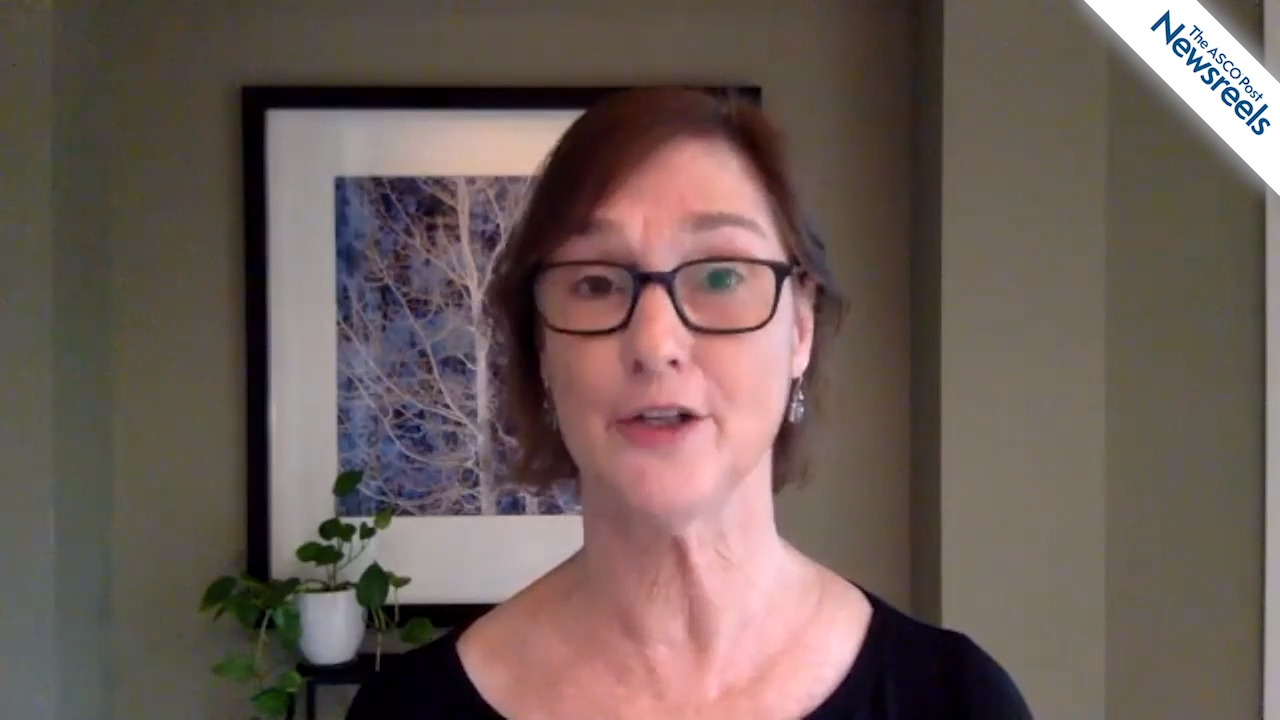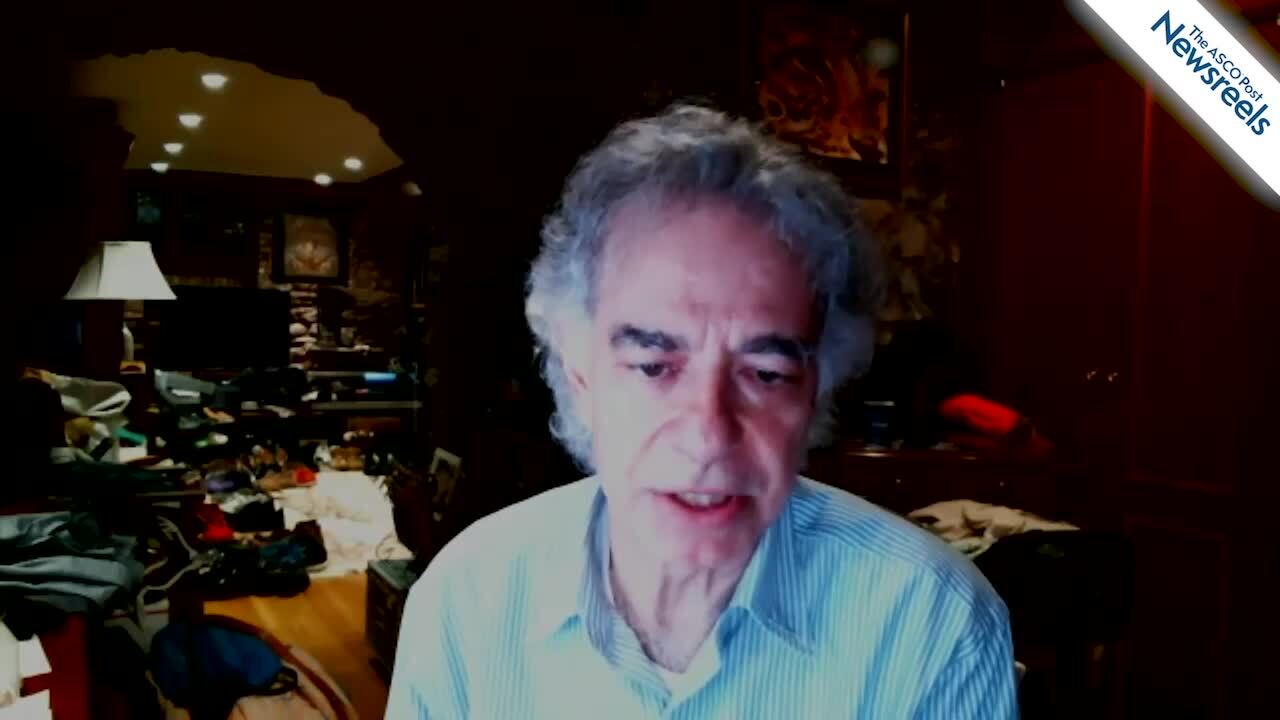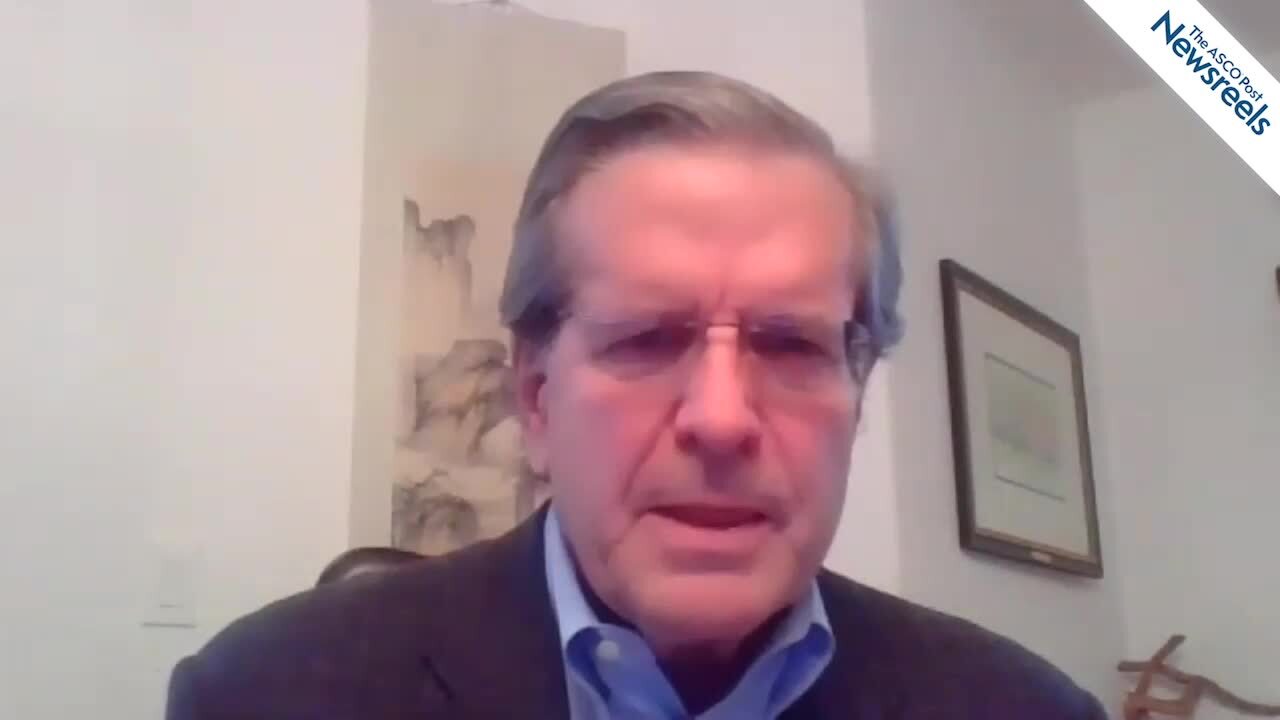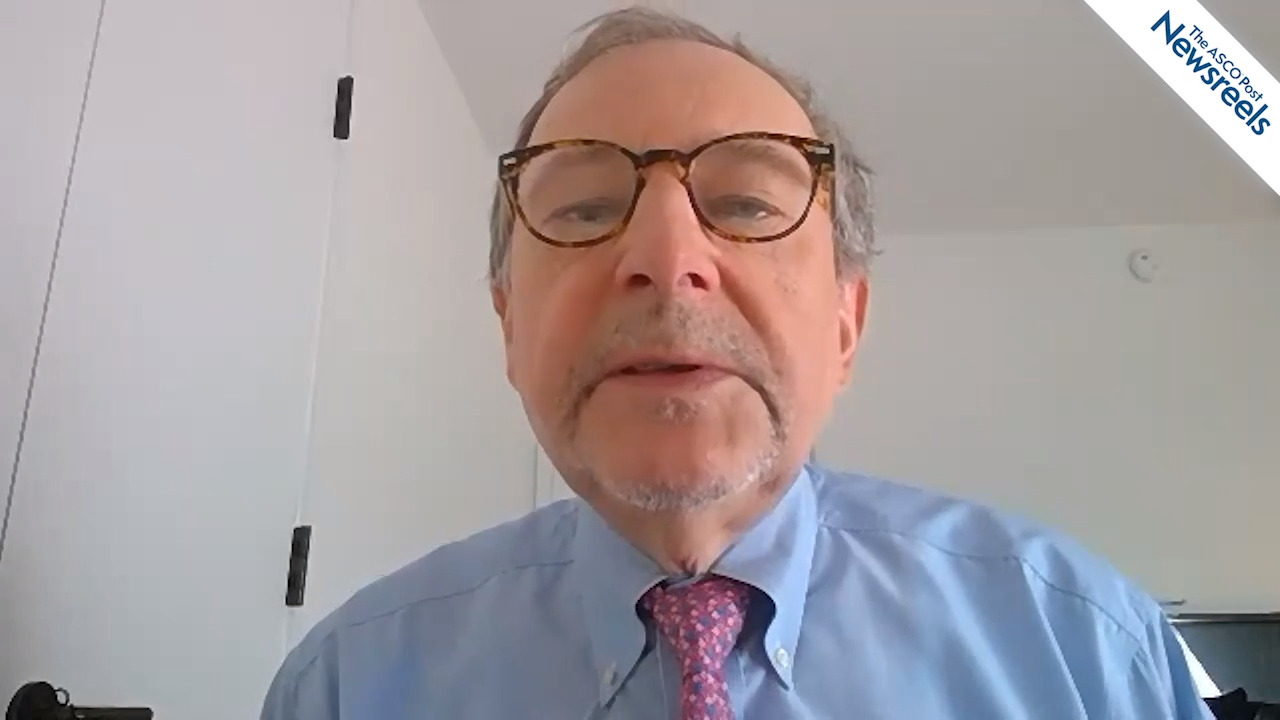Daniel G. Petereit, MD, on Disparities in Lung Cancer Care for Northern Plains American Indians
Quantitative Imaging Workshop XVII
Daniel G. Petereit, MD, of the John T. Vucurevich Cancer Care Institute and Monument Health, discusses the Walking Forward health-care program designed for a South Dakota–based Native American population, whose members have high smoking and death rates from lung cancer as well as limited access to low-dose CT scans.
Mary Pasquinelli, DNP, APRN, FNP-BC, of the University of Illinois Hospital and Health Science System, discusses proposed U.S. Preventive Services Task Force lung cancer screening guidelines, which show race and gender disparities, and how modifying these recommendations with a risk prediction model may improve health care.
The ASCO Post Staff
David Yankelevitz, MD, of the Icahn School of Medicine at Mount Sinai, discusses the renewed interest in applying adjuvant and neoadjuvant targeted treatments to earlier-stage lung cancer, given the promising results in more advanced disease. The challenges, he says, include identifying patient subgroups with a high likelihood for recurrence and therapeutic toxicities.
The ASCO Post Staff
James L. Mulshine, MD, of Rush University Medical Center, offers an overview of the 2020 Quantitative Imaging Workshop, whose mission is to leverage the use of CT to speed early detection and improve the management of lung cancer and other thoracic diseases.
The ASCO Post Staff
Fred R. Hirsch, MD, PhD, of The Tisch Cancer Institute at Mount Sinai, discusses lung cancer screening for aggressive early-stage lung cancer; adjuvant and neoadjuvant treatment, including the ADAURA study of EGFR-positive tumors; and how cell-free DNA analysis might be used in the future to monitor therapy.




